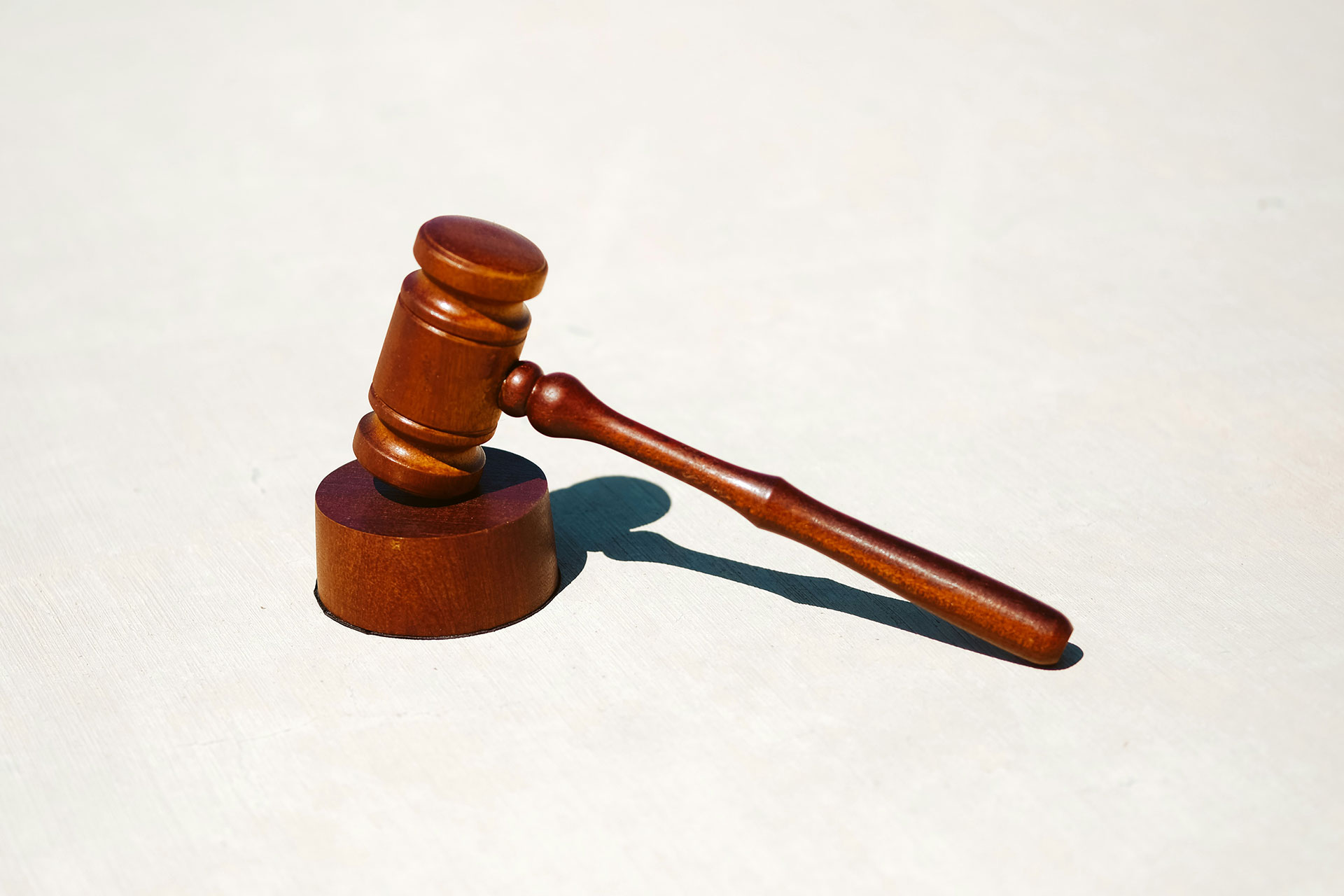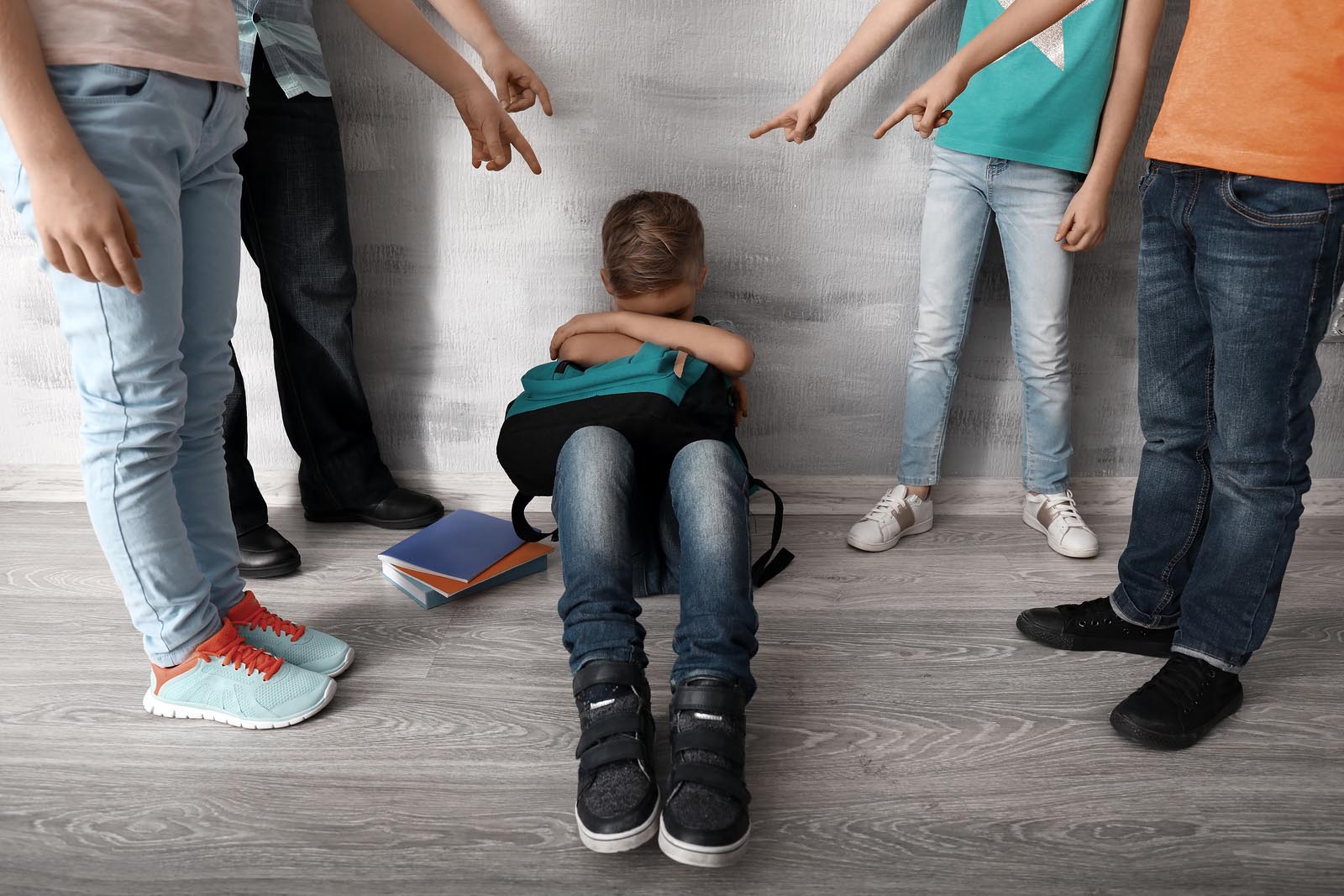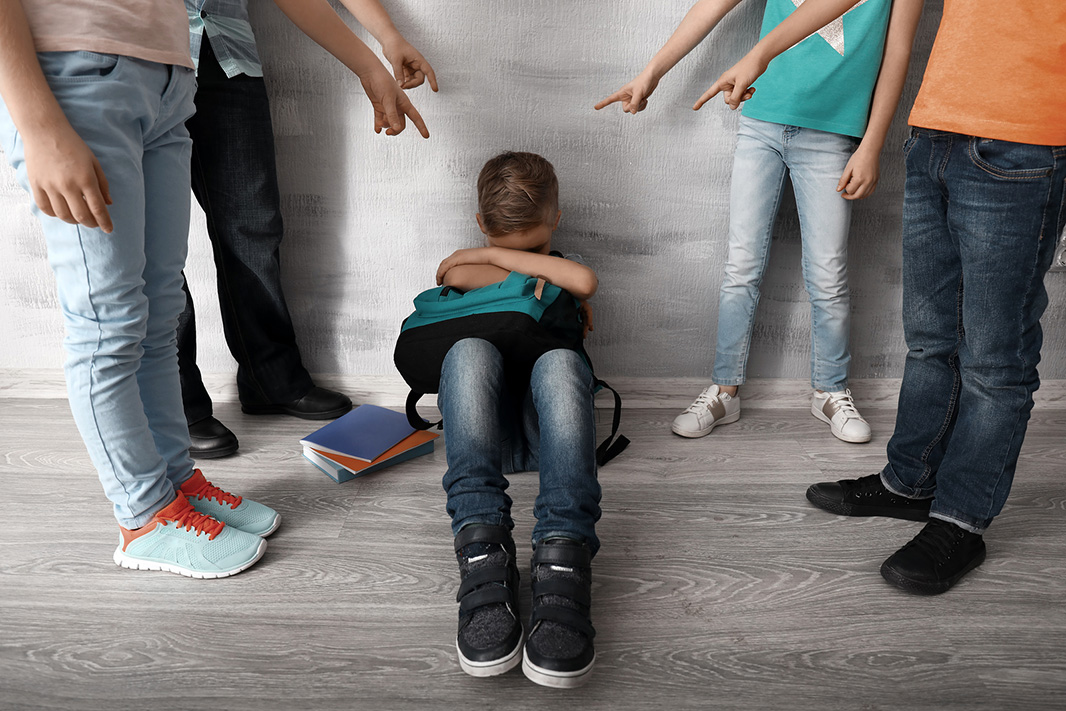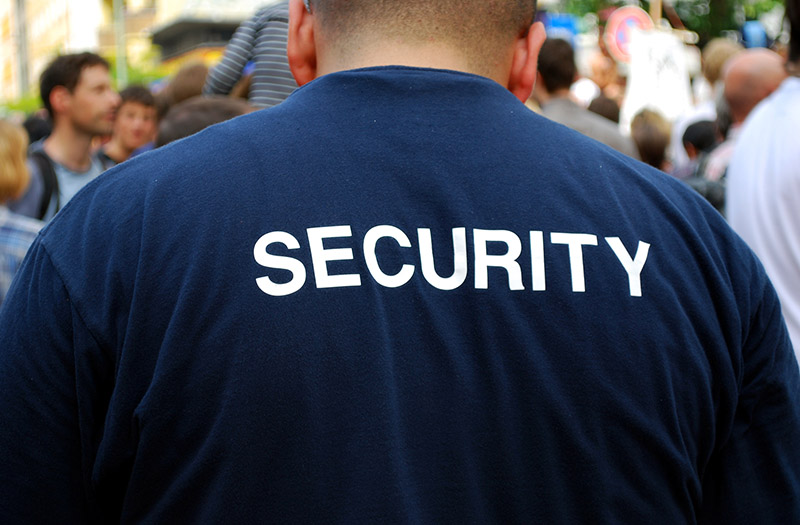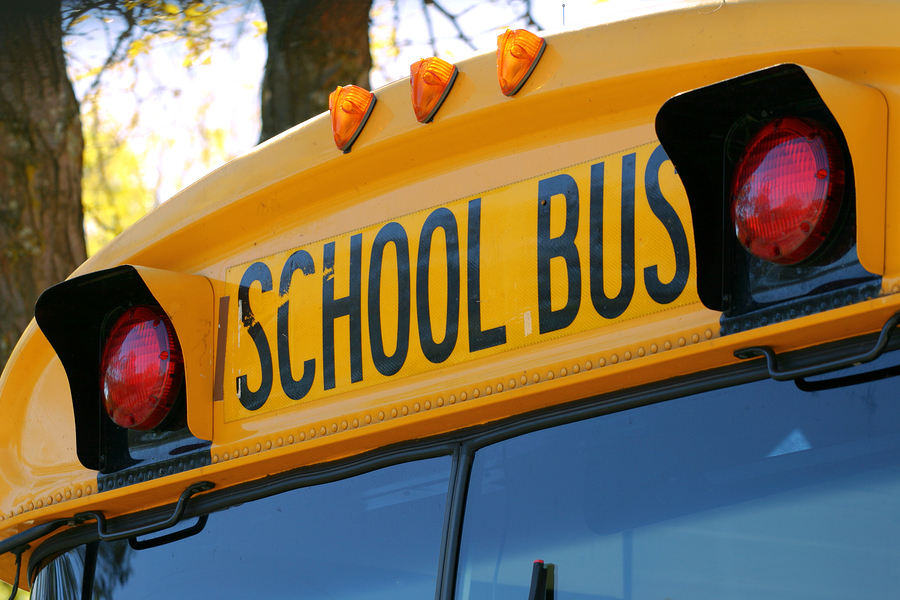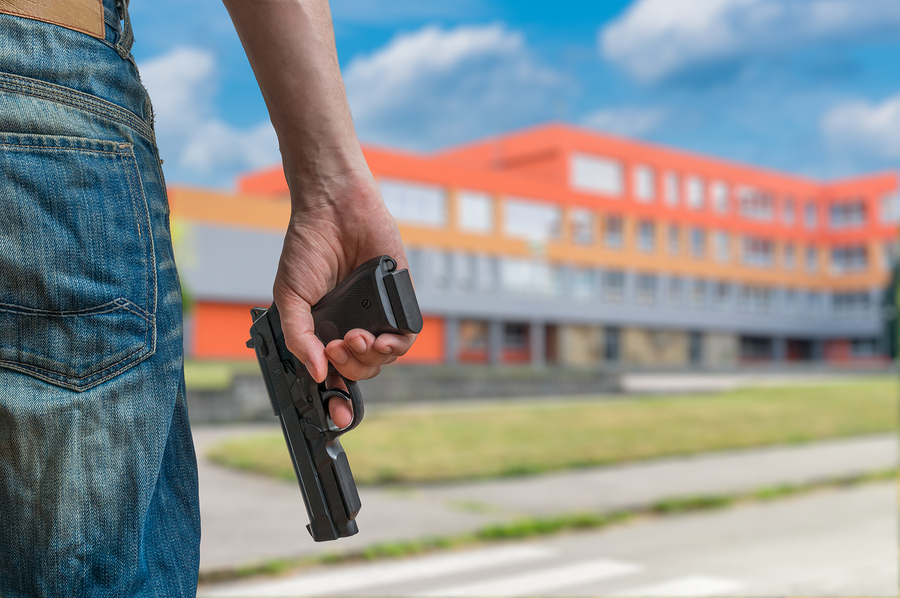Public School Civil Rights Liability: Protecting Students from Discriminatory Harassment and Abuse
Educating students is not the only responsibility of school districts. Federal and state laws require schools to be proactive about protecting the civil rights of their students and to foster a positive learning environment free from discriminatory harassment and abuse. Several federal laws — Title VI of the Civil Rights...



